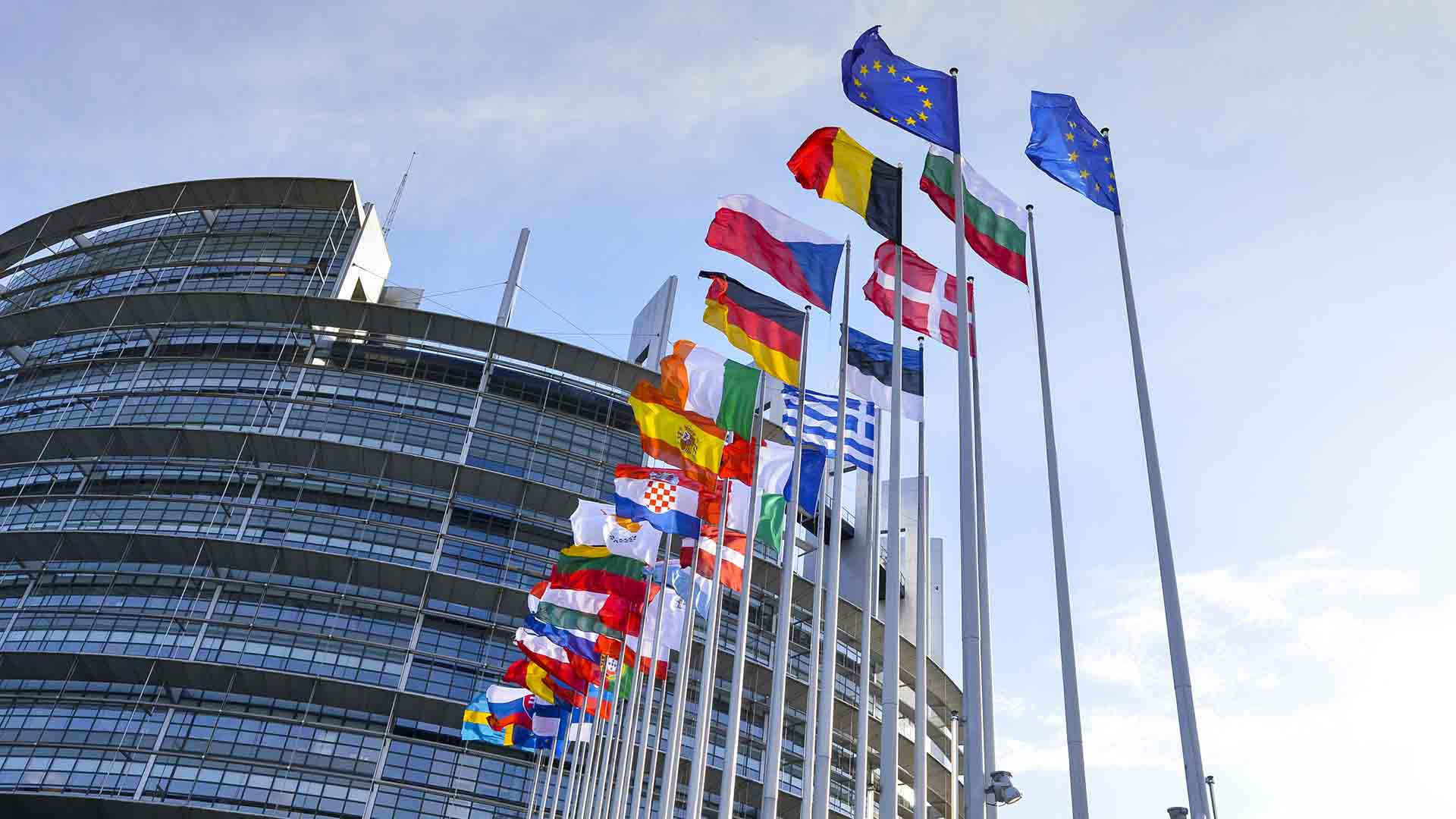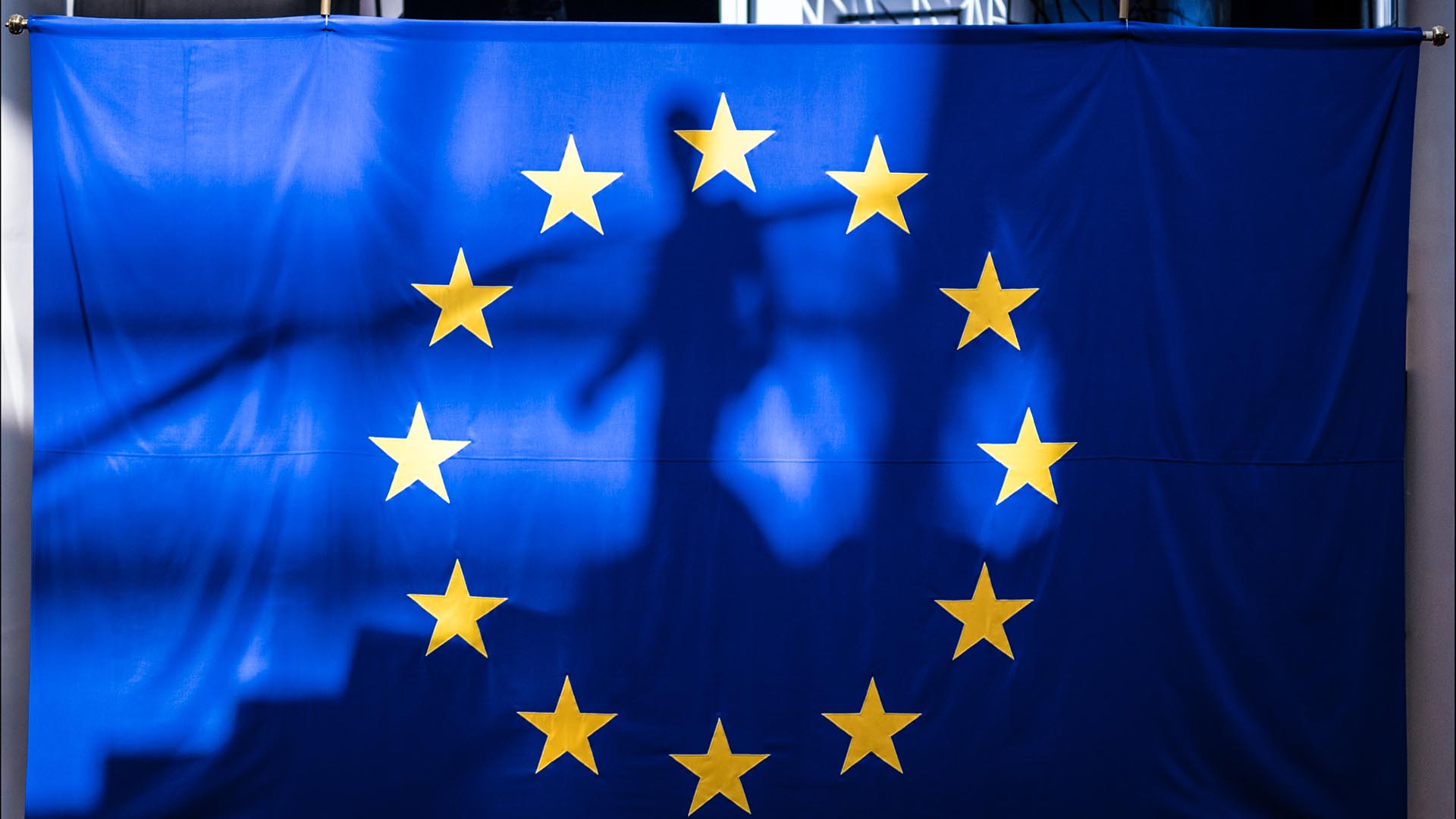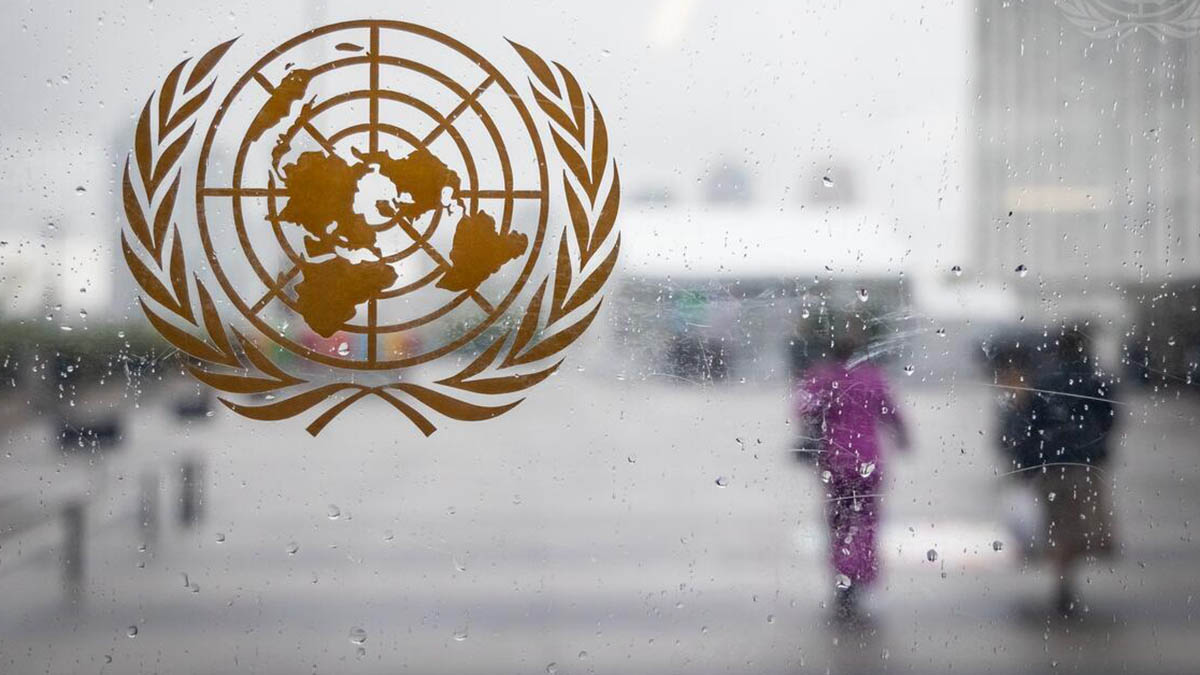European Union member countries have agreed on new rules requiring multinationals to disclose tax information about their EU-based operations in an effort to curb tax avoidance and profit shifting.
Companies with consolidated revenue of more than $910 million will have to publish the amount of tax they pay, their profits and number of employees in each EU country where they operate as a way to increase transparency on their fiscal strategies.
”We have laid the foundations for tax transparency in the EU with this deal, and this is just the beginning,” lead negotiator and Austrian member of the European Parliament Evelyn Regner said in a statement.
“Now that governments are helping companies to get through the pandemic with public money, it has become even more important to ensure big businesses contribute their fair tax share to the recovery,” Regner said.
The bloc loses between $40 billion and $85 billion to tax avoidance every year, according to estimates by the European Commission, and a 2020 report by the EU Tax Observatory found that European tax havens, such as Ireland and the Netherlands, are responsible for 80% of profit shifting in Europe.
Last week, the commission proposed the introduction of a single corporate taxation rulebook that would stop member countries’ competition and allow them to tax companies’ profits where their customers are, rather than where they set up offices.
Paradise Papers stirs momentum
A EU-wide debate about the need for such requirements began to take shape in 2016 when the European Commission proposed a directive that would force country-by-country reporting by multinationals.
The proposal gained new momentum a year later after the International Consortium of Investigative Journalists and 95 media partners published the Paradise Papers, documenting loopholes that allow powerful corporations and wealthy individuals to pick and choose tax-optimization schemes.
In the aftermath of the ICIJ investigation, then-EU finance Commissioner Pierre Moscovici called on member states to agree on the commission’s proposals requiring tax advisers to report tax-planning schemes devised for their clients.
“This aggressive tax planning is even more shocking because a lot of it is legal,” Moscovici said at the time.
A missed opportunity?
After five years of negotiations, some EU lawmakers have welcomed this week’s deal as a first step towards tax transparency but also acknowledged its shortcomings.
In a statement, Spanish MEP and negotiator Ibán García del Blanco said they “strongly regret” the European Council’s refusal to approve a worldwide reporting requirement.
“We would have liked to see a more solid position on transparency from the Council, which would have allowed a more ambitious agreement,” he said.
The new disclosure rules only apply to company operations in EU member countries.
Tax information about their activities outside the bloc will be provided in aggregated numbers, without country-by-country details. The only exceptions are jurisdictions on the EU’s list of countries that “encourage abusive tax practices,” such as Samoa or Seychelles.
Such a compromise and other loopholes have made the tax transparency bill “flawed” and “meaningless,” according to a number of nongovernmental organizations and trade unions including Transparency International, Oxfam and the European Network on Debt and Development .
The deal “leaves off the list over three-quarters of countries in the world,” showing that the EU is “lagging behind” in terms of concrete tax reforms, Oxfam’s tax expert Chiara Putaturo said. “EU legislators have granted multinational corporations plenty of opportunities to continue dodging taxes in secrecy by shifting their profits to tax havens outside the EU, like Bermuda, the Cayman Islands and Switzerland,” Putaturo said.
The deal also includes an exemption that allows multinationals to defer disclosing information they consider commercially sensitive for five years, she said.
“This is a real missed opportunity,” Elena Gaita of Transparency International EU said in a statement.
The text of the agreement has to go through the European Parliament’s formal adoption process. The final vote is expected after the summer recess, according to an official statement.







